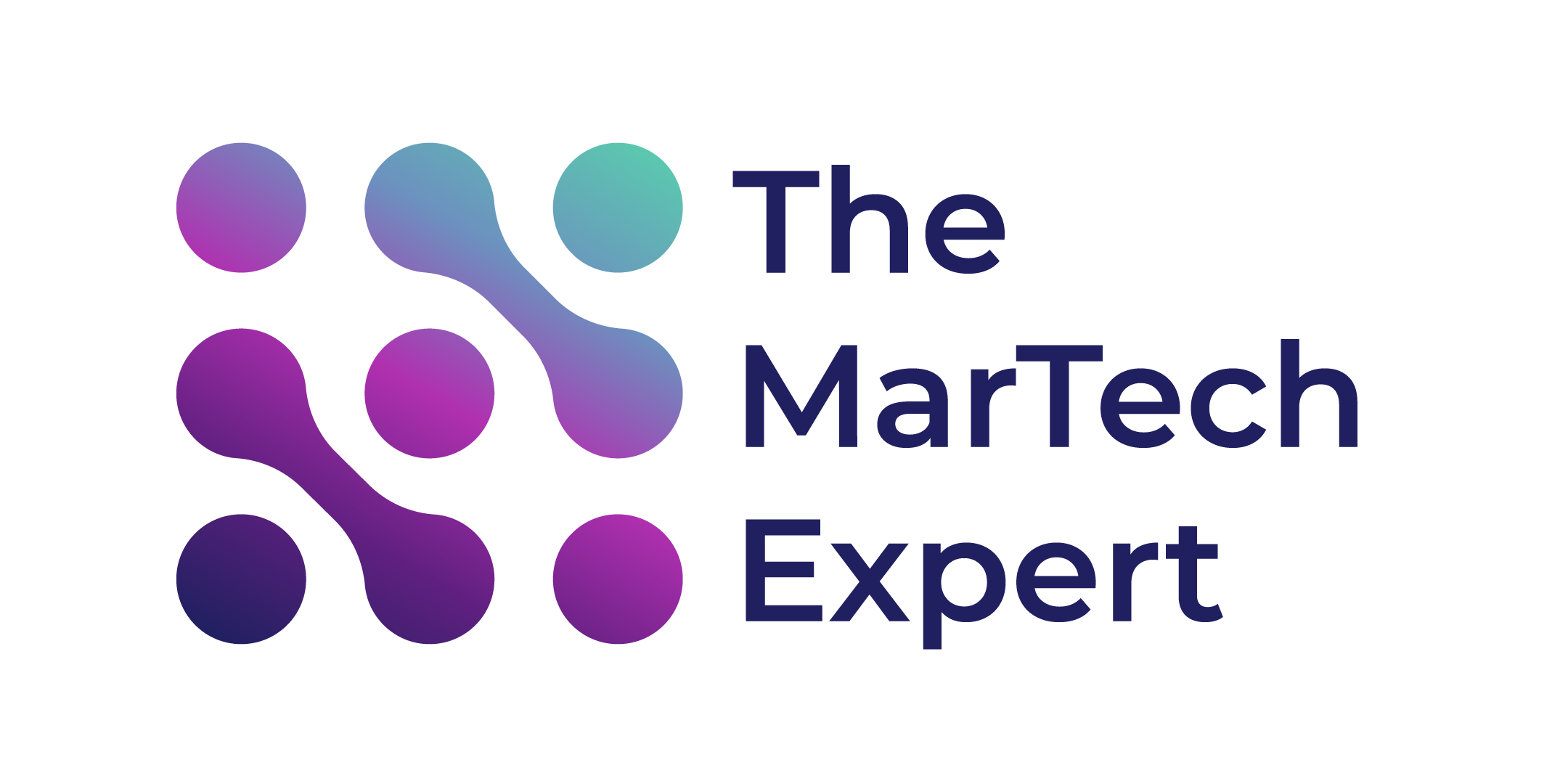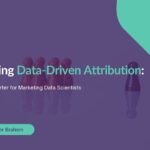Summary: In this interview with The MarTech Expert, Scott Maxworthy, Director at Max Media and Entertainment, sheds light on the intersection of Marketing Technology (MarTech) and Artificial Intelligence (AI). Scott discusses the potential benefits of using AI, as well as the challenges that come with implementing these solutions. He also provides insights into how marketers can navigate the complexities of MarTech and AI to create successful campaigns.
1. Tell us more about yourself and Max Media & Entertainment
I am Scott Maxworthy, and I have been involved with technology and marketing for over 40 years. I am currently the Director/Producer at Max Media & Entertainment, where we offer high-quality marketing communication solutions, including video production and marketing services, to our clients. At Maxys, we specialize in providing virtual studio and livestream production services to help our clients create engaging video content that delivers results. We use cutting-edge technology like real-time 3D virtual gaming to produce near-TV quality production at a fraction of the cost. Our services include presenter training workshops, video production, and virtual production studio services. We are a ‘disrupter’ and aim to provide a great viewer experience without the huge overheads typically associated with TV studios and corporate video production.
2. What do you think are the most significant benefits of AI-powered solutions in MarTech?
One of the significant benefits of AI-powered solutions in MarTech is the ability to process large amounts of data quickly and accurately, which can lead to valuable insights and more informed decision-making. AI-powered tools can also automate repetitive tasks and free up time for marketers to focus on more strategic initiatives. With AI, marketers can develop better-targeted campaigns, create personalized content at scale, and improve customer experiences. AI can also help identify patterns and trends in customer behaviour, making it easier to optimize marketing efforts and increase ROI.
3. What are some of the most innovative uses of AI in marketing that you have seen?
At Maxys, we have used AI extensively throughout our product development process. For example, from initial research and marketing segmentation to product development of the workshop, we leveraged AI to gain valuable insights and ask the right questions. We also use AI in our virtual studio production services, helping us develop the scripts for our shows and write blueprint code. Other innovative uses of AI in marketing include chatbots that provide customer service, personalized recommendations based on browsing and purchase history, and programmatic advertising that automatically optimizes campaigns for maximum performance.
4. What are some of the challenges businesses may face when implementing AI-driven marketing solutions? How do they overcome them?
One of the main challenges businesses face when implementing AI-powered marketing solutions is ensuring that the data being used is accurate and unbiased. It’s important to remember that AI is only as good as the data it’s trained on, so it’s essential to have high-quality, relevant data. Another challenge is ensuring that the AI-powered tools are aligned with the business goals and objectives. It’s important to identify the specific problems that AI can solve and the KPIs that will measure its success. Finally, it’s crucial to have skilled professionals who can work with AI-powered solutions effectively.
5. How can businesses ensure that their AI-driven marketing strategies are ethical?
Ethics should be a priority for all businesses when implementing AI-powered marketing strategies. Businesses can ensure that their AI-powered marketing strategies are ethical by following some best practices, such as regularly reviewing the data used to train the AI algorithms, ensuring transparency in how the data is used and collected, and avoiding using sensitive personal information without proper consent. Businesses should also ensure that they are complying with relevant regulations and guidelines related to AI, such as GDPR or CCPA.
6. What skills do you think are essential for marketing professionals who want to work with AI-powered solutions in MarTech? How can they develop them?
While technical skills are certainly important for marketing professionals working with AI-powered solutions, soft skills such as critical thinking, creativity, and open-mindedness are equally important. As AI continues to evolve and become more integrated into marketing strategies, it’s crucial that marketers can ask the right questions and interpret the results generated by AI algorithms. The ability to think critically and creatively will also be essential in developing innovative marketing campaigns that leverage AI-powered tools effectively. Soft skills like communication and collaboration will also be essential in working with data scientists and other AI experts to develop successful marketing strategies.
7. What impact do you think AI-powered solutions will have on the future of MarTech?
AI-powered solutions are already having a significant impact on the future of MarTech, and this trend is only going to accelerate in the coming years. As businesses continue to collect more data about their customers and markets, AI will become increasingly important in analyzing and interpreting that data to drive better marketing decisions. AI-powered solutions will also play a critical role in personalizing content, improving customer experiences, and automating repetitive tasks, freeing up time for marketers to focus on strategic initiatives. Overall, AI-powered solutions will help marketers work smarter, faster, and more effectively, leading to better outcomes for businesses and their customers.
Samaher is a MarTech professional with a strong background in marketing data analytics, marketing automation, email marketing, and paid ads. She has successfully helped companies such as Advyteam, Acredius, and Keyrus achieve their marketing goals through her analytical approach and strategic thinking.














